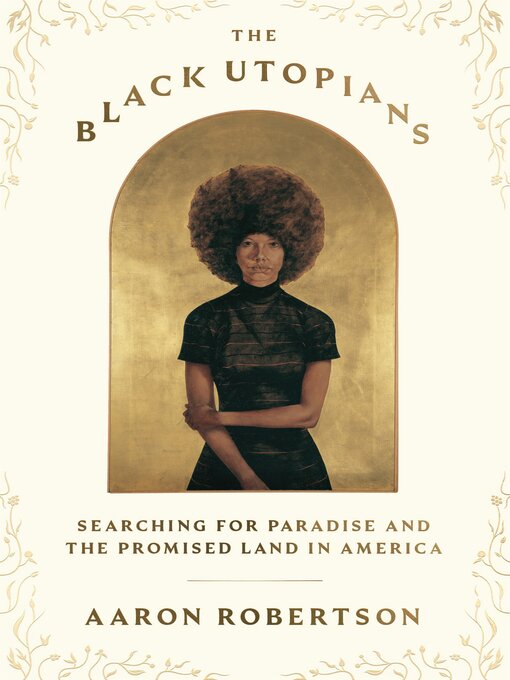One of The New York Times's 100 Notable Books of 2024
One of the Washington Post's 50 Best Nonfiction Books of 2024
A Finalist for the Los Angeles Times Book Prize for History
Finalist for the Zora Award | Hooks National Book Award
A New York Public Library Top Ten Book of 2024 | A Boston Globe Best Book of 2024
A New Republic Best Book of the Fall | A Time Must-Read Book of the Year
Named a Best Book of the Year by The New Yorker | Literary Hub | Essence | Elle | Chicago Public Library
A 2025 Michigan Notable Book | A Booklist Best History Book of 2025
Winner of the 2025 Bridge Book Award
"[An] extraordinary new work of history and memoir . . . Unforgettable." —Gabriel Bump, The Washington Post
A lyrical meditation on how Black Americans have envisioned utopia—and sought to transform their lives.
How do the disillusioned, the forgotten, and the persecuted not merely hold on to life but expand its possibilities and preserve its beauty? What, in other words, does utopia look like in black?
These questions animate Aaron Robertson's exploration of Black Americans' efforts to remake the conditions of their lives. Writing in the tradition of Saidiya Hartman and Ta-Nehisi Coates, Robertson makes his way from his ancestral hometown of Promise Land, Tennessee, to Detroit—the city where he was born, and where one of the country's most remarkable Black utopian experiments got its start. Founded by the brilliant preacher Albert Cleage Jr., the Shrine of the Black Madonna combined Afrocentric Christian practice with radical social projects to transform the self-conception of its members. Central to this endeavor was the Shrine's chancel mural of a Black Virgin and child, the icon of a nationwide liberation movement that would come to be known as Black Christian Nationalism. The Shrine's members opened bookstores and co-ops, created a self-defense force, and raised their children communally, eventually working to establish the country's largest Black-owned farm, where attempts to create an earthly paradise for Black people continues today.
Alongside the Shrine's story, Robertson reflects on a diverse array of Black utopian visions, from the Reconstruction era through the countercultural fervor of the 1960s and 1970s and into the present day. By doing so, Robertson showcases the enduring quest of collectives and individuals for a world beyond the constraints of systemic racism.
The Black Utopians offers a nuanced portrait of the struggle for spaces—both ideological and physical—where Black dignity, protection, and nourishment are paramount. This book is the story of a movement and of a world still in the making—one that points the way toward radical alternatives for the future.
- Available now
- New eBook additions
- New kids additions
- New teen additions
- Most popular
- Try something different
- Holiday Romance
- Historical Romance
- Family Drama
- See all ebooks collections
- Available now
- New audiobook additions
- New kids additions
- New teen additions
- Most popular
- Try something different
- See all audiobooks collections

